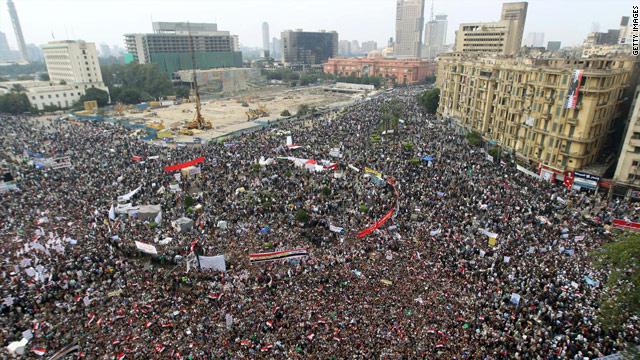The 6th of October 1973 victory remains one of the most shining landmarks of Egyptian history. It was the day when the Egyptian army achieved what many had believed to be impossible. Egyptian fighters managed to bring down the myth of the “invincible army”.
Many, however, have cast suspicions around that victory relying on what is famously known as the “loophole”. Some hating historians have even considered the results of the war to be an Egyptian defeat and an Israeli victory, citing that “loophole”.
Just to remind, that loophole was a result of an enhanced attack on 14 October, when the rear of the Second Field Army backed units of the Third Field Army, leaving a vacancy of two miles in length and one mile in width. Taking the opportunity, Israeli forces advanced with seven tanks, three armoured vehicles and 250 infantry soldiers led by Ariel Sharon. Israeli troops assaulted the Egyptian air defense units west of the Suez Canal, taking a number of Egyptian soldiers captives. The Egyptian army did not react as fast as expected, enabling Israeli troops to flow further at the Canal’s western region.
There is no room for a detailed discussion of the “loophole”, but it was arguably a negative aspect in the October war which Israel used as a bargaining chip in later negotiations.
What prompts me to speak about the “loophole” today? It is the feeling that we are currently experiencing what we had been through forty years ago. Egyptians, civilians and soldiers, had attained a significant victory that will be remembered and cherished for generations, a victory that rescues Egypt from kidnapping out of history and puts it again on the right track as a civil, moderate state to which people pledge loyalty.
The 3rd July 2013 declaration came to crown that impetus seeking to retrieve Egypt. I can, therefore, comfortably compare that day to the 6th of october 1973 victory. But where is the loophole?
In the current circumstances, the “loophole” is more of a state than an action on the ground. We allowed that state to prevail due to different reasons on various political, popular, security and military levels. Aspects of that situation are numerous, visible, and audible. Maybe what is taking place at Rabaa al-Adaweya and al-Nahda squares is the most obvious manifestation of “loophole” concept, but there are other forms which I will shed light on and figure the reasons behind them.
The first aspect of the loophole was political, and it appeared on the earliest days when the ruling regime adopted political bargaining. Explaining that, I would say that when people took to the streets on 30 June, they were not making a call for traditional political group, they were rather eyeing one goal: to overthrow the Muslim Brotherhood. People only invoked the party they trust most, that is, the Egyptian army which reciprocated and sided with the people who own the real legitimacy.
The first deficiency was summoning traditional politicians and political parties to take on the significant, at least stalled, role of formulating the country's future. It was a mistake to invoke those groups and individuals to have an influential say in the formation of the cabinet and the drafting of the constitutional declaration. Such a step had caused the engagement of elements that played, and still playing, a disruptive part, only prioritizing short-term gains over national interests, though claiming the contrary.
That situation installed personalities within the ruling circles who are neither able nor desiring to take off their old affiliations. Therefore, some decision-makers are blind to popular demands, instead adopting visions that serve their own ends. Such a state could be called “ElBaradeism”.
I am not to blame Dr. ElBaradei for the whole situation, but am only applying his name to it. I appreciate the man as a legal and diplomatic figure, however, I am urging him to reconsider his stances. He will not be happy being compared to the “loophole”.
I also apply this to other politicians tempted by the dreams of power and upcoming parliamentary and presidential elections. Those are cajoling Islamist groups and eyeing potential alliances with those currents. We can see some of them taking positions that can be deemed slack if compared to popular will.
The biggest loophole was allowing those two tumors to exist at the heart of the capital during the earliest days. Things had to be resolved decisively from the beginning instead of permitting those to grow from only tens to an expanding “loophole” that had an echo among people in the state circles and at the political arena.
The 6th of October will remain Egyptians’ most glorious victories despite the “loophole”, just as the 30 June revolt remains Egyptians’ most important achievements so far despite the “loophole” which will inevitably disappear.
Abdel Latif al-Menawy was the former head of the news sector at Egypt state TV.




